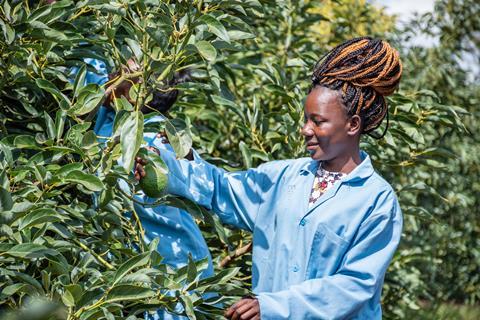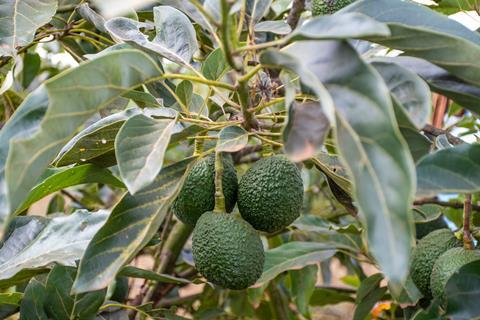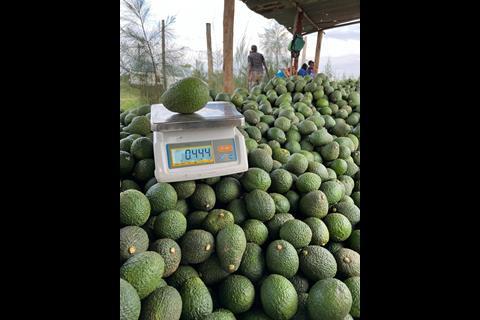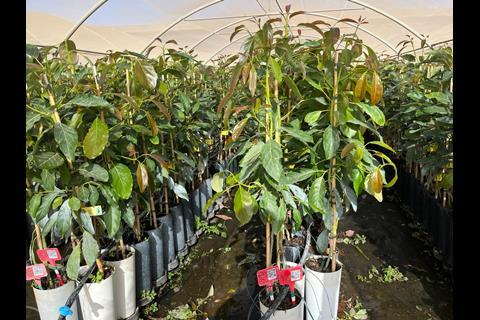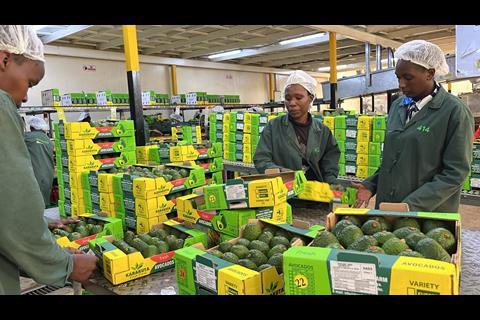Kenyan avocado producer Karakuta is boosting its volumes of Hass through new investments in clonal technology and new operations in Tanzania
Karakuta, located in Juja, Kiambu County, 45 minutes from the capital city of Nairobi, is one of the fastest growing agribusinesses in Kenya, specialised in Hass avocados, as well as fresh herbs. The plantation consists of 15,000, five-year old avocado trees, fully irrigated, with the fruit sold under the Karakuta Fresh Produce brand name.
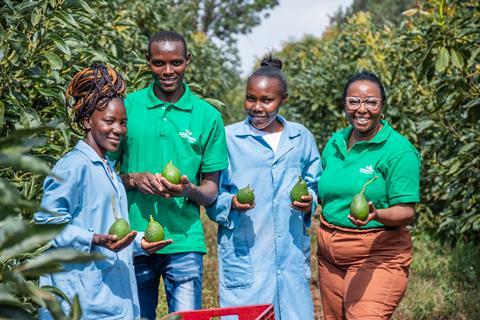
This year, according to CEO Grace Ngungi, Karakuta has partnered with Brokaw Viveros, one of the largest nurseries in Spain, to set up an orchard with 3,000 clonal technology trees.
“The clonal technology produces higher yields and is resistant to diseases,” she told Fruitnet. “The normal yield per hectare in a traditional orchard is 15-18 tonnes, while the yield for clonal trees is around 30 tonnes.”
Karakuta becomes the third company in Kenya to invest in clonal seedlings. Ngungi said the investment would increase the farm’s export offering to its customers.
“At Karakuta, the yields have increased tremendously this year as a result of the prolonged rains,” she said. “Fortunately, by the opening of the season in March, the fruits had attained a dry matter of 22-25 per cent, giving them a rich, creamy taste.”
The main avocado season in Kenya runs from March to July, with a second shorter season arriving later in the year, around October.
“This season, we forecast exports of 37 containers from our orchards in Kenya,” said Ngungi. “This would be a 30 per cent increase compared to 2023. Our main buyers are currently in Spain and the Netherlands, but we are also looking to develop in the UK and UAE markets this season.”
According to Ngungi, the situation in the Red Sea presents some unique challenges this season. “Firstly, the transit time to Rotterdam is up from 28 days to 45-50 days, while to Spain it takes 25 days, up from the traditional 21 days. This longer transit time poses a major drawback when the fruits mature later in the season. It also increases the payment time, especially when customers pay a percentage once the quality is confirmed on arrival.”
Longer transit times also affect the availability of controlled atmosphere containers from the shipping lines, Ngungi pointed out. “This shortage interrupted weeks 12 and 13,” she said. “This interruption will have a devastating effect on our export projections as it shortens the window when Kenya can supply to Europe.
“We expect to resume supplies only in week 14. We anticipate that the Peruvian season will end early this year as a result of the effects of El Niño, which affected yields negatively. So it is possible that we will extend our exports up to week 29/30.”
Karakuta has also opened up operations in Tanzania, according to Ngungi, where the company has partnered with farms to grow and market under the Karakuta Fresh Produce brand name.
“Since the season in Tanzania extends from March to January,” she noted, “this will give our customers year-round supplies of Hass avocados.”
